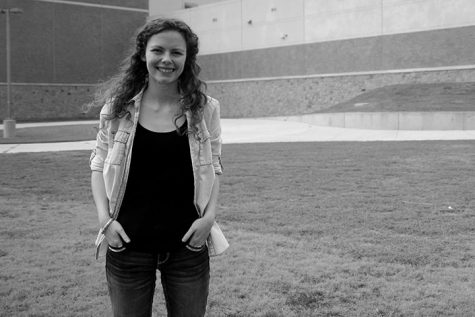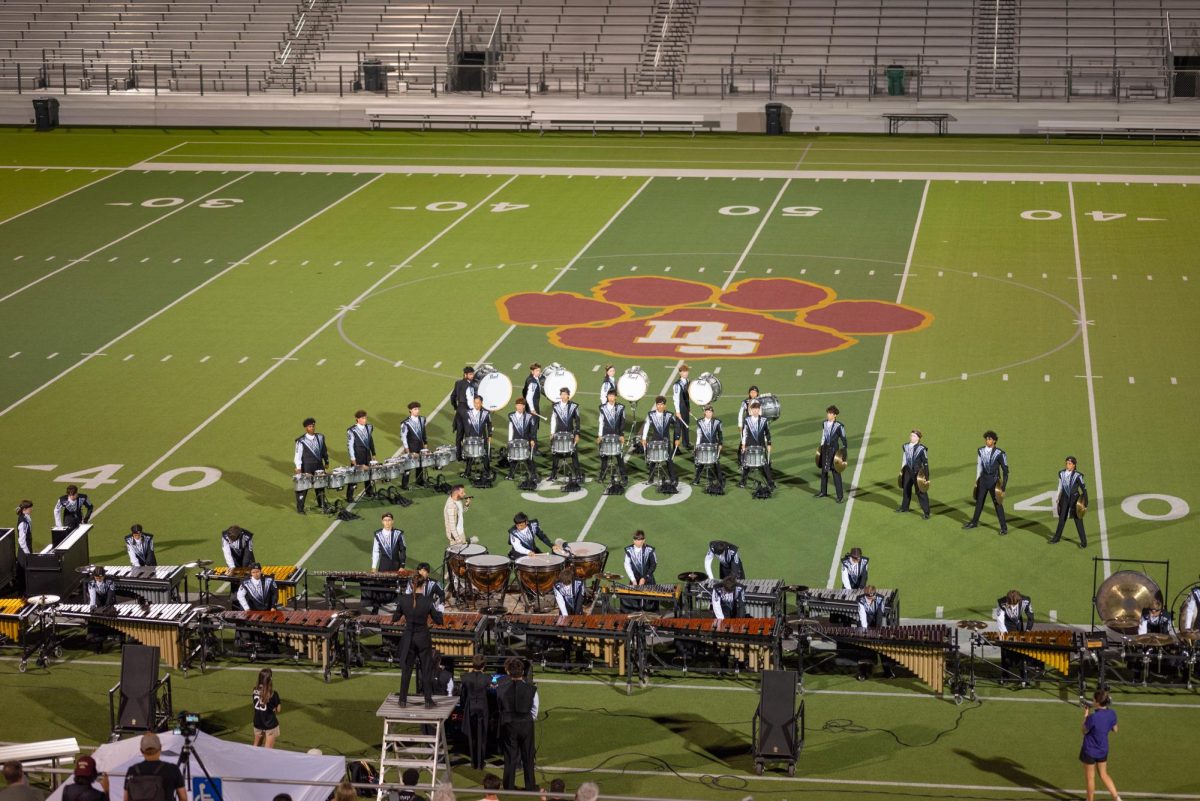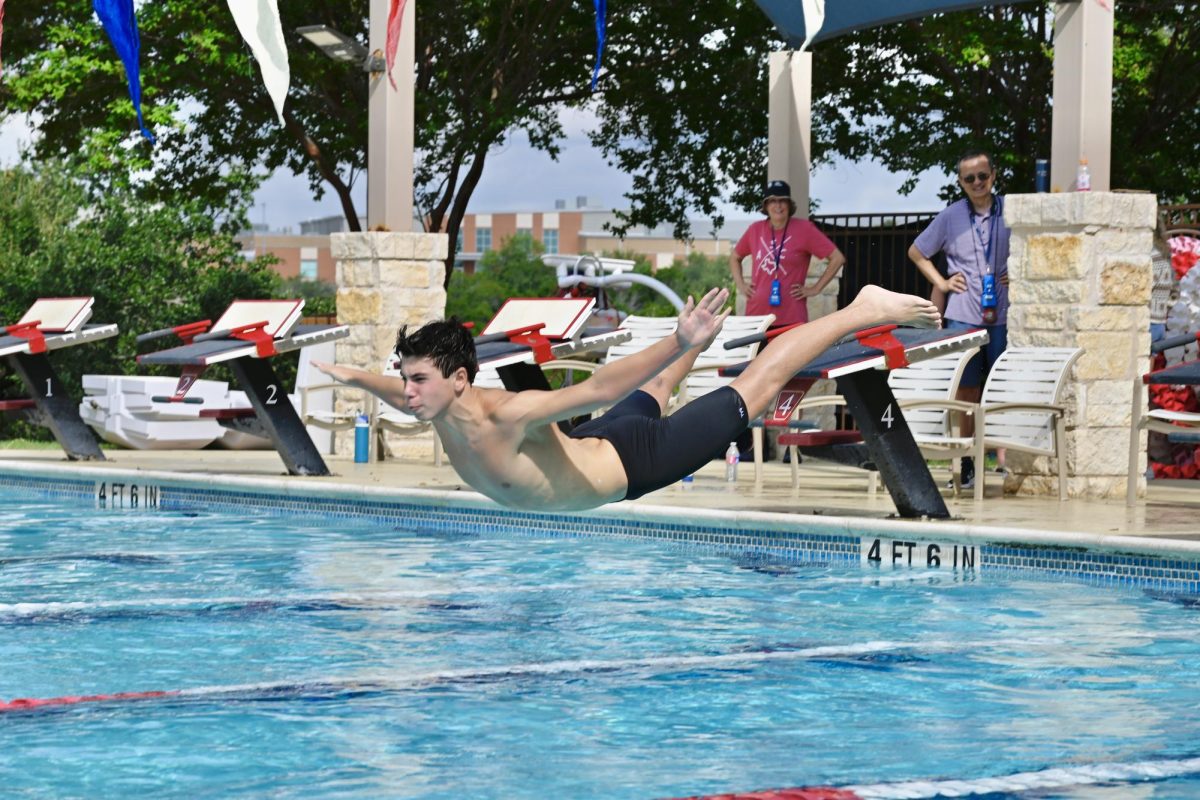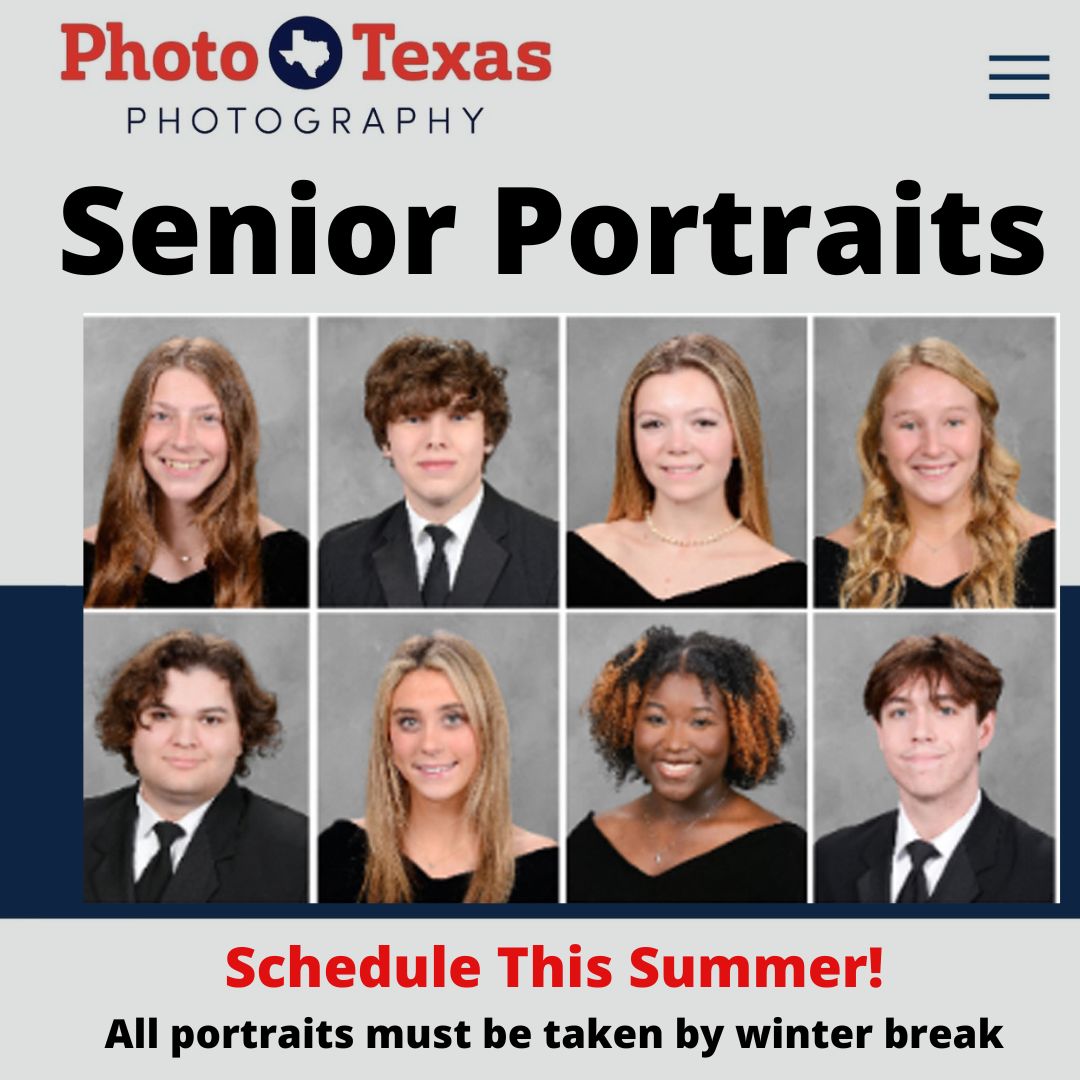Model UN club begins weekly meetings
October 4, 2015
The model UN club had their first meeting on Sept 24 in Ms. Mogab’s room to discuss with new members about future competitive conferences.
“Model UN is basically a mock of the actual UN,” junior Ashneen Rahman said. “We work on problems that are world based and are brought up in the UN. It’s sort of like we have our own committees and they each deal with a specific issue that is occurring currently.”
The model UN has each student represent a specific country at conferences, gaining and losing points based on how accurately they represent that country and how articulate their arguments are.
“Some will be in the general assembly, some will be on the security council, and they have to prepare on a certain topic from the perspective of that country,” club sponsor Ms. Mogab said. “So if it was talking about the migration crisis in Europe and they were representing Hungary then they would need to present the information from Hungary’s perspective and to role play, and actually be Hungary.”
The participants find the debate of current hot topics among other students to be exciting and get very involved with their research and arguments.
“Being passionate about something, like truly passionate,” senior Aeysha Kaeley said. “A lot the kids in here are really really passionate about a lot of these topics.”
Through researching current events, students are able to gain a valuable world context.
“You get that political aspect to the world and you don’t feel so isolated,” Kaeley said. “You know more about stuff.”
The students also acquire skills that can be applied in other classes and even outside the classroom, maybe even for future careers.
“Public speaking, arguing points, being organized, and being able to just grab random information from any part of the world and being able to use it in day to day stuff,” Rahman said.
Each member plays a valuable role in the club, and all the students are able to learn and grow through this real world experience.
“I enjoy working with them,” Ms. Mogab said. “They’re really talented students. I think the skills that they’ll learn, speaking skills, also their ability to think about different issues from different perspectives, [are] skills that they’ll use in the classroom and at the meetings on a regular basis.”






